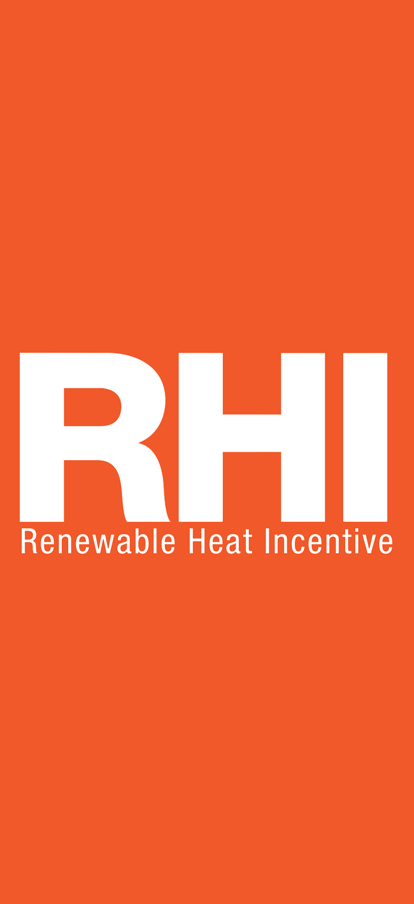UK Government Incentive Schemes

In an effort to drive private and public investment in renewable energy technologies the government created several incentive schemes, including the Renewable Obligations (RO), Feed-in-Tariff (FiT) and Renewable Heat Incentive (RHI) to name but a few.
The aim of these schemes is to incentivise not only the adoption of renewable technologies, but also to create awareness of the need to become more energy efficient in our daily lives. This combined with efforts on an industrial scale will enable the government to achieve the targets set by the European Union (Member states must by 2020 be producing 20% of their energy consumption from renewable sources).
Renewable Heat Incentive (RHI)
The Renewable Heat Incentive (RHI) is a Government environmental program that provides financial incentives to increase the uptake of renewable heat. For the non-domestic sector broadly speaking, it provides a subsidy, payable for 20 years, to eligible, non-domestic renewable heat generators and producers of biomethane for injection based in Great Britain. Of course, this is subject to the detailed scheme rules.
Ofgem is responsible for implementing and administering the scheme on behalf of the Department of Energy and Climate Change.
By providing a long-term financial incentive, the objective of the RHI is to significantly increase the proportion of heat generated from renewable sources. By driving change in a heat sector currently dominated by fossil fuel technologies, the RHI can help the UK meet EU targets to reduce carbon emissions and improve energy security. In addition the RHI has the wider potential of developing ‘green jobs’.
Currently, the RHI is open to the non-domestic sector, including industrial, commercial, public sector and not-for-profit organisations with eligible installations, and to producers of biomethane. In the context of the scheme, a non-domestic installation is a renewable heat unit that supplies large-scale industrial heating to small community heating projects.
This includes for example small businesses, hospitals and schools as well as district heating schemes such as where one boiler serves multiple homes. All applications are subject to the detailed scheme rules.
Biomethane producers are treated differently to other participants in the RHI. This is because the Government has decided that the regulations and standards currently in place for biomethane injection are sufficient to ensure that the RHI requirements are met, so no further RHI-specific accreditation standards are necessary. As a result the Regulations describe the process for biomethane producers as ‘registration’ rather than ‘accreditation’.

Renewable Obligations Certificates (ROC)

The Renewables Obligation (RO) is the main support mechanism for renewable electricity projects in the UK. Smaller scale generation is mainly supported through the Feed-In Tariff scheme (FITs).
The RO came into effect in 2002 in England and Wales, and Scotland, followed by Northern Ireland in 2005. It places an obligation on UK electricity suppliers to source an increasing proportion of the electricity they supply from renewable sources.
For information on how the obligation level is set each year, please see the Department of Energy and Climate Change website.
Renewables Obligation Certificates (ROCs) are green certificates issued to operators of accredited renewable generating stations for the eligible renewable electricity they generate. Operators can trade ROCs with other parties. ROCs are ultimately used by suppliers to demonstrate that they have met their obligation.
Where suppliers do not present a sufficient number of ROCs to meet their obligation, they must pay an equivalent amount into a buyout fund. The administration cost of the scheme is recovered from the fund and the rest is distributed back to suppliers in proportion to the number of ROCs they produced in respect of their individual obligation.

